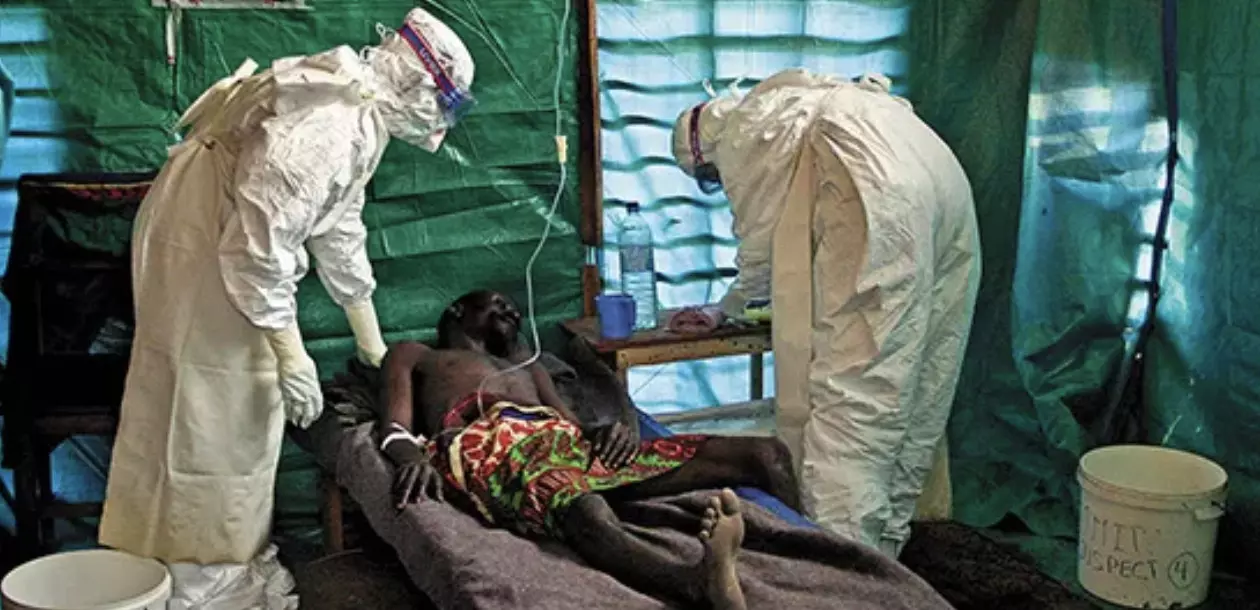Chinese scientists engineer mutant Ebola virus in lab
In a startling development, scientists at Hebei Medical University in China have genetically modified the deadly Ebola virus, resulting in a variant that proved fatal to a group of hamsters within a mere three days of exposure.
image for illustrative purpose

In a startling development, scientists at Hebei Medical University in China have genetically modified the deadly Ebola virus, resulting in a variant that proved fatal to a group of hamsters within a mere three days of exposure.
Utilizing a glycoprotein inherent in the Ebola virus, researchers engineered a strain that induced severe systemic diseases akin to those observed in human Ebola patients, including multi-organ failure, as reported in a recent study published in Science Direct.
The study involved the introduction of Ebola glycoprotein into a contagious livestock disease, enhancing the virus's ability to infect cells and propagate within the host's body. Post-injection, some hamsters exhibited the formation of scabs over their eye surfaces, impairing their vision.
Researchers emphasized the potential role of infected Syrian hamsters in studying optic nerve disorders caused by Ebola Virus Disease (EVD), citing their observations in the study.
Addressing concerns over lab safety, particularly in light of the COVID-19 pandemic's origin, Chinese researchers clarified that their objective was to replicate Ebola symptoms in a controlled laboratory environment to deepen understanding and facilitate prevention strategies.
Given the high-risk nature of Ebola, necessitating Biosafety Level 4 (BSL-4) facilities, scientists employed a surrogate virus, vesicular stomatitis virus (VSV), to transport the Ebola glycoprotein, crucial for cell entry and infection.
Post-mortem analysis of the hamsters revealed widespread dissemination of the virus throughout their bodies, with the highest concentrations detected in vital organs such as the heart, spleen, lung, kidney, stomach, intestines, and brain tissues.
The experiment's results indicated a rapid preclinical assessment of medical interventions against Ebola under Biosafety Level 2 (BSL-2) conditions, providing a safe and cost-effective means to evaluate countermeasures.
The surrogate model devised by the researchers offers a valuable tool for expediting the evaluation of medical countermeasures against Ebola, potentially accelerating advancements in combating Ebola Virus Disease.

